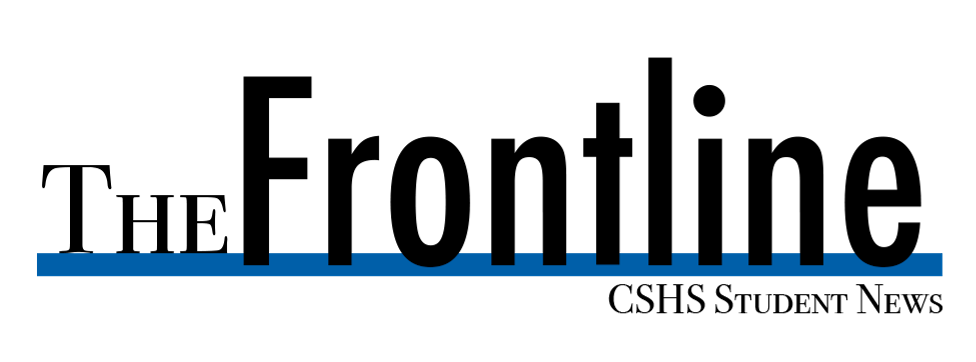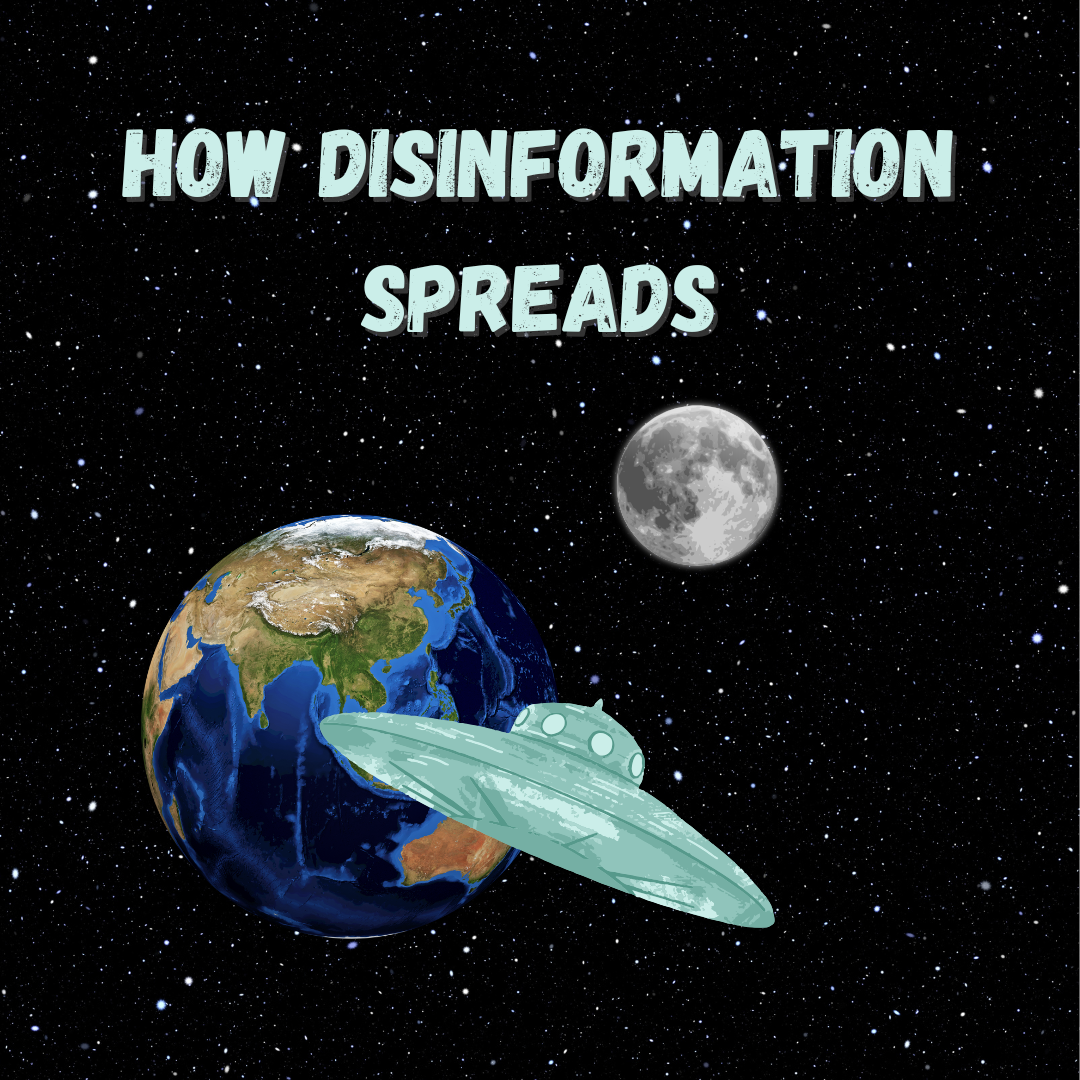Did you know that the United States is using femboys to undermine Russia? If you didn’t, good. That never happened. Quick glances at headlines like this are the source of many modern conspiracies. From reptilian overlords to a faked moon landing to even a fake moon, there are no shortage of online theories that have little to no basis in reality. Sometimes, though, facts are stranger than fiction. For example, Project MK-ULTRA was a very real CIA operation that sought to develop brainwashing techniques during the 1950’s and 60’s.
So, in a landscape where fact and fiction are equally strange, how is anyone supposed to tell the difference? The League of Women Voters recently uploaded an infographic outlining fact checking methods that anyone can use to evaluate new information.
When considering whether something is true, consider the source. Certain URLs are more trustworthy, like .org or .gov. The much more common .com websites can be excellent resources, but they’ll require more checking. For example, information related to healthcare is much more likely to be accurate coming from a local clinic than a website advertising diet pills. Even if the source checks out, it’s important to make sure the information is up to date. A headline from last decade isn’t as accurate as one from last week. A lot can change in a short amount of time. To be certain that the source isn’t biased, cross checking it with other sources is always a good idea.
Additionally, reading past the headline is crucial to getting the whole story. Headlines are made to grab attention and get clicks. Sometimes that means stretching or sensationalizing the truth to compete with all the noise on the internet. It’s also worth considering headlines with emotionally charged language very carefully. Emotions like anger and disappointment stick with people longer than objective facts, and some people will use this to their advantage to spread disinformation. Practically any topic can sound contentious with the right language.
Skepticism is always important when taking in information, but that’s especially true right now. Election years are rife with emotionally charged and biased information from people who are desperate to get more votes. Now more than ever it’s necessary to think twice about anything you read or hear and where it comes from.






